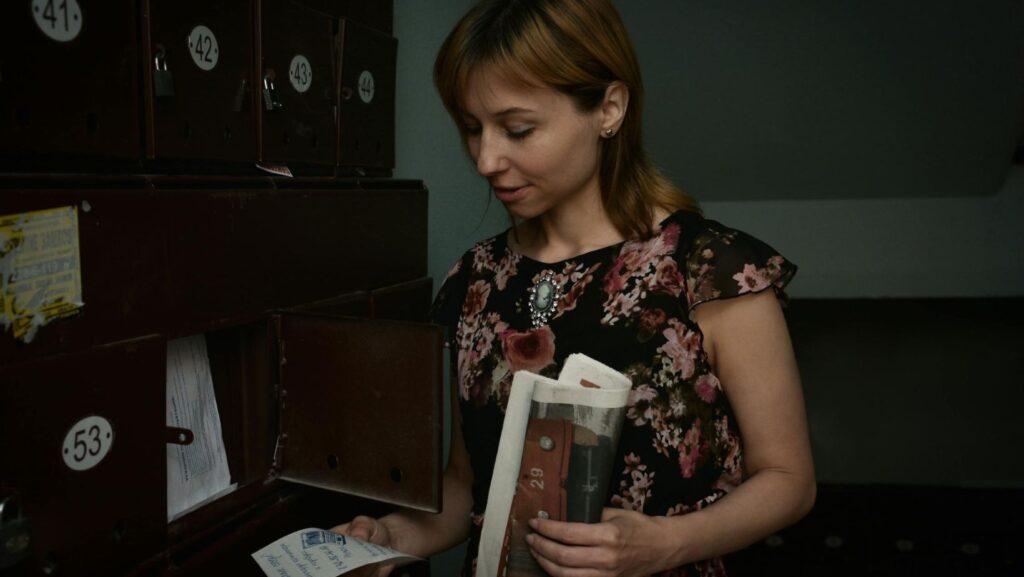Every parent dreams of watching their child grow into a confident, capable individual. For parents of children with autism, that dream often includes navigating extra layers of uncertainty, especially when it comes to developing independence. From brushing teeth to getting dressed or helping out with simple chores, daily tasks can feel overwhelming for children with autism. As a parent, you may wonder if you can teach these skills without distressing them. The key lies in understanding your child’s unique pace, strengths, and needs. Plus, there is a secret to using structured, compassionate, and evidence-based strategies. With the right support, such as autism therapy services , you can help children gradually build the skills they need to participate more fully in their everyday lives. This can boost their independence and overall health and well-being.
Why Independence Matters for Children with Autism?
Independence isn’t just about self-sufficiency; it is a cornerstone of your child’s overall development, especially for those on the autism spectrum. When children learn to complete daily tasks by themselves, they gain more than practical skills; they build a foundation for long-term emotional, physical, and mental wellness.  Here’s why fostering independence is so important:
Here’s why fostering independence is so important:
-
- Promotes Emotional Resilience: Completing everyday tasks independently helps children feel more capable, reducing frustration and anxiety over time.
-
- Builds Self-Confidence: Small milestones like tying shoelaces or setting the table can boost a child’s self-esteem and willingness to try new tasks.
-
- Supports Physical Health: Learning basic hygiene and self-care routines helps children maintain good health and be less dependent on constant reminders or help.
-
- Encourages Social Participation: Skills like dressing appropriately, mealtime etiquette, or following routines support inclusion in school and community settings.
Structured applied behavior analysis programs often focus on these very areas. They break them down into manageable steps that support steady progress, even when challenges arise. For many families, this guidance offers clarity, consistency, and hope.
What Are the Foundational Skills That Build Independence?
Building independence in autistic children starts with mastering daily living skills. This includes those basic tasks that form the rhythm of everyday life. These skills support healthy development and reduce dependence on others, empowering children to be more active participants in their routines. Here are some key areas to focus on:
1. Personal Hygiene
Brushing teeth, washing hands, bathing, and toileting are critical for health and social integration. Use visual schedules or step-by-step picture guides to support consistency.
2. Mealtime Routines
Practicing tasks like using utensils, pouring water, or wiping the table helps children develop fine motor control and self-reliance. Involving them in preparing simple meals can also build a sense of accomplishment.
3. Dressing Skills
Start with easy clothing like elastic waistbands or Velcro shoes. Encourage independence through structured practice, using prompts only as needed.
4. Organizational Skills
Using checklists or visual cues for tasks like packing a backpack or putting away toys promotes self-management. These skills help children feel more in control of their space and time. These foundational abilities support everyday wellness and can lay the groundwork for future learning. Many parents turn to ABA therapy strategies to break down these tasks into achievable goals. This can help reinforce progress to align with their child’s pace and strengths.
How Can ABA Help in Teaching Daily Living Skills?
Applied Behavior Analysis (ABA) is one of the most effective, evidence-based approaches to help children learn everyday skills. It uses structured techniques to teach and reinforce positive behaviors, making it ideal for fostering independence in areas like hygiene, dressing, or completing chores. Here’s how ABA supports these learning goals:
1. Individualized Goal Setting
ABA begins with a detailed assessment by a certified behavior analyst , who identifies the child’s strengths, challenges, and priority areas. Goals are customized based on the child’s current abilities and developmental needs.
2. Task Analysis
Complex tasks are broken down into smaller, teachable steps. For example, “brushing teeth” may be split into 5–7 individual actions, from picking up the toothbrush to rinsing and putting it away.
3. Positive Reinforcement
Desired behaviors are reinforced with rewards, praise, or access to preferred items. This encourages repetition and builds motivation over time.
4. Data-Driven Progress Tracking
Each session involves measurable tracking, ensuring the strategies are working and adjusted as needed. ABA doesn’t just aim to teach; it builds confidence and clarity. With consistent guidance, children start taking on tasks they once struggled with, gaining independence and pride in their accomplishments.
Why ABA Therapy Is the Key to Building Independence?
For parents raising a child with autism, teaching daily living skills like dressing, brushing teeth, or completing simple chores can often feel overwhelming. That’s where ABA therapy steps in as a practical, proven solution to support your child’s journey toward independence.  Here’s how ABA therapy directly addresses everyday challenges:
Here’s how ABA therapy directly addresses everyday challenges:
1. Tailored to Your Child’s Needs
Each child is different. ABA programs begin with a detailed assessment, ensuring these goals are personalized and developmentally appropriate.
2. Breaks Tasks Into Achievable Steps
ABA helps children master complex routines by breaking them into small, teachable steps. A behavior analyst guides your child through these steps, using repetition and encouragement to build mastery.
3. Reinforces Progress Consistently
ABA can include positive reinforcement such as praise, small rewards, or access to preferred activities. This helps strengthen your child’s motivation to learn and apply new skills consistently during therapy and at home.
4. Teaches Parents to Be Part of the Process
ABA isn’t just for therapists. A key part of its success is training parents to continue therapy techniques in everyday life. That means you can handle routines, setbacks, and transitions with the same tools your child is learning in therapy. When practiced early and consistently, ABA early intervention can lead to meaningful, lasting improvements in independence. This can make daily life smoother for your child and the entire family.
Conclusion
Fostering independence in autistic children doesn’t happen overnight; it requires patience, consistency, and support. From learning how to dress themselves to completing everyday routines with confidence, every skill gained is a milestone worth celebrating. Applied Behavior Analysis (ABA) therapy offers a structured, evidence-based approach to help children master these essential life skills. With guidance from a trained behavior analyst and collaboration at home, families can see real progress, turning daily challenges into learning opportunities. Besides, whether you live in Aurora or Denver, ABA therapy services are easily available almost everywhere to help you out. The timely support can help your child thrive at their own pace, building confidence and independence, one step at a time.



